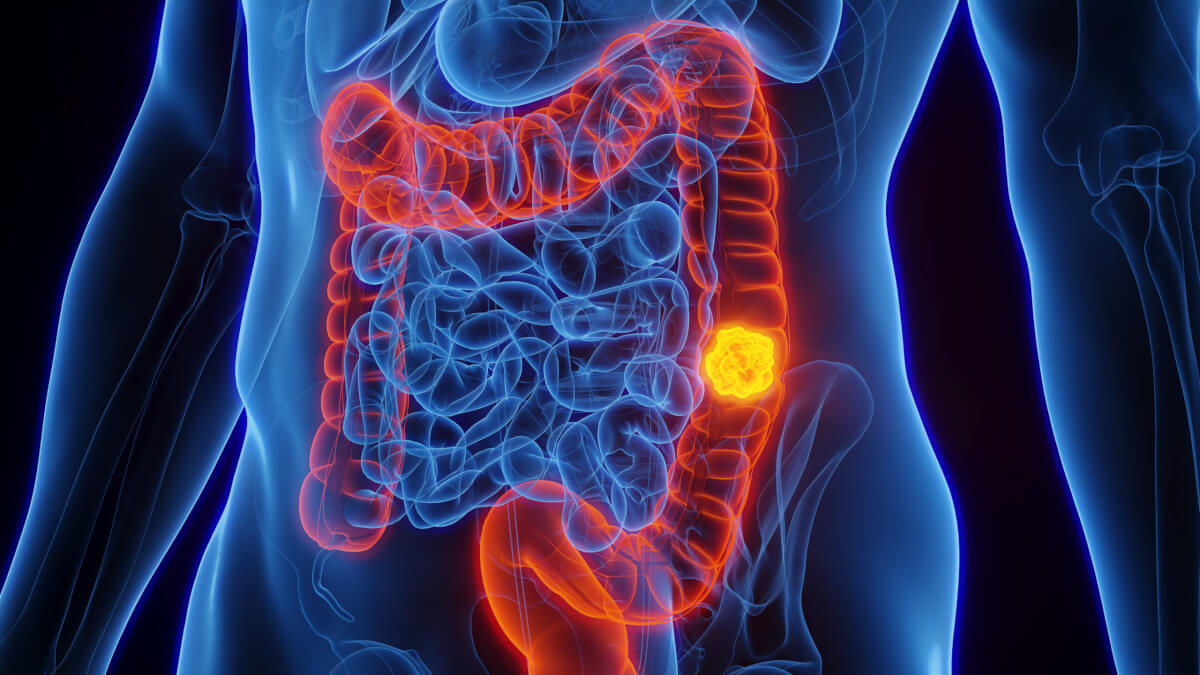BETHESDA, Md. — Colorectal cancer rates continue to rise among younger adults. While that trend is still a major concern for doctors, a new study has discovered another disturbing shift — cases of colorectal cancer are now skyrocketing among young children and teens as well.
In just the last two decades, researchers from the University of Missouri-Kansas City found that colorectal cancer rates have jumped by 500 percent among children between the ages of 10 and 14. For teens between 15 and 19, doctors have seen a staggering 333-percent rise in colorectal cancer cases since 1999.
The team also notes that colorectal cancers among young adults between 20 and 24 have increased by 185 percent in the 2000s. Lead researcher Dr. Islam Mohamed is scheduled to present these unnerving findings at Digestive Disease Week (DDW) 2024. “Colorectal cancer is no longer considered just a disease of the elderly population,” says Dr. Mohamed, an internal medicine resident physician at the University of Missouri-Kansas City, in a media release. “It’s important that the public is aware of signs and symptoms of colorectal cancer.”
Colorectal cancer, also known as colon cancer or bowel cancer, has historically been a disease that affects patients older than 50. According to the CDC, common symptoms include blood in your stool, persistent stomach pain, and unexplained weight loss.
While this cancer used to be a problem for the middle-aged and elderly, a growing number of studies have found rising cases among young adults, especially in the southern United States. The problem has gotten so bad among people under the age of 50 that health officials have lowered the recommended age to start colorectal cancer screenings to 45.
Those studies have typically examined people over the age of 15. This new report sparks concerns that the problem is starting even earlier.

So, the obvious question is, what’s causing this spike in cases? Researchers say the risk for colorectal cancer rises due to a family history of inflammatory bowel disease. Additionally, the team notes that several lifestyle choices which affect health come into play as well, including obesity, smoking, drinking alcohol, not eating enough fiber, and overeating processed meats and sugar-sweetened beverages.
Unfortunately, the risks don’t end there. Study authors warn that physical inactivity (a sedentary lifestyle), antibiotics, and certain food additives can all influence the development of tumors in the gastrointestinal tract.
Although the overall number of cases is not reaching epidemic proportions yet, Dr. Mohamed says that the percentage increases in colorectal cancer among children is frightening. Using data from the Centers for Disease Control Wonder Database from 1999 to 2020, the team found that only 0.1 children for every 100,000 examined between the ages of 10 and 14 were diagnosed with colorectal cancer in 1999. That number rose to 0.6 children in 2020.
For teens between 15 and 19, the number of cases rose from 0.3 to 1.3 children diagnosed out of every 100,000 examined. Among young adults in their 20s, cases jumped from 0.7 in 1999 to two in every 100,000 in 2020.
At the same time, colorectal cancer rates have increased by 71 percent among adults 30 to 34 and by 58 percent among adults 35 to 39.
